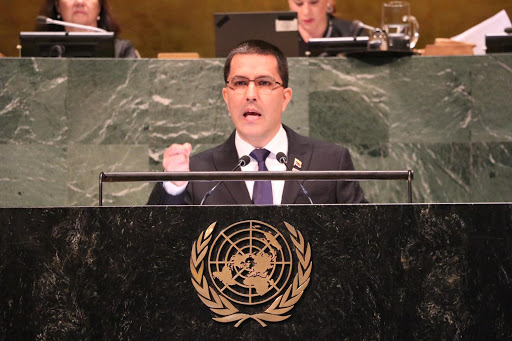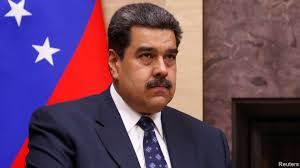A recent survey carried out by the Venezuelan Civil Association Con la Escuela found that 22% of students are skipping school because they have to work to help their parents and family. This survey covered a sample of 79 schools in the Venezuelan states of Miranda, Bolívar, Anzoátegui, Apure, Lara, Zulia and the Capital District.
The coordinator of Con La Escuela, Professor Oscar Iván Rose, explained that the teachers who took part in the survey reported that the age of the students who work ranges between 6 and 17 years, with the most frequent age range being 15 to 17 years and an important prevalence of working girls (41.5%). On the other hand, the percentage of working minors varies according to the region. In the state of Zulia, teachers indicated that 38.27% of children work, while the figure stood at 20.97% in the Capital District; however, this phenomenon is present in the 7 states where the survey was conducted.
“Education should be a full-time occupation for children and young people between the ages of 5 and 18; however, the reality of our children and teenagers is very different”, Professor Rose pointed out, adding that “work is not the only reason for missing school. The study also inquired about the possible causes of absences, finding that 44.15% of teachers affirmed that their students failed to attend school due to problems with some public services such as water, electricity or gas. 85.6% of absence reports are associated with deficient drinking water service. Transportation is also a reason for non-attendance, but it is a less frequent reason given that 98% of students travel on foot to school”.
On the other hand, 42.44% of the teachers surveyed stated that the absence of the School Food Program (PAE) is a cause of student non-attendance. For the coordinator of Con la Escuela, “the program seeks to guarantee the nutritional well-being of public school students through the delivery of food on campus, and it should work every day; However, this is not the case. Only 32.4% of the teachers surveyed reported that the program works every day of the week at their schools. The School Food Program seems to be the reason why many students attend school. In Apure, for example, teachers report a non-attendance rate of 88% when the PAE is not operative; the figure stands at 67% in the state of Zulia and 49% in Anzoátegui. This suggests that food may be scarce at home and schools cannot make for the deficiencies”.
School days are not only being lost due to the absence of students but as a result of other factors such as the late start of activities, early closings, or lack of teachers. As of January 16, 2023, at least fifteen days had been lost in the first period of the school year. “Taking into account that the school calendar has 180 days, we have already lost 8.3% of the year, and given this decrease in school days, one wonders what are students learning”, Professor Rose commented.
Learning loss
The pandemic meant that many students did not have the opportunity to have access to remote or face-to-face education for two years. In response to this situation, international bodies have warned that the learning loss in a third of the world’s low- or middle-income countries has rendered “70% of 10-year-old children unable to understand a simple text” (World Bank, 2022). Our country does not escape this great loss.
In February, the Civil Association conducted a pilot test on reading fluency with 362 students in the 3rd grade in the state of Miranda and the Capital District. As a warning sign, The study found that 63% of the students have a reading fluency below the international standard, as they barely read 48 words per minute. That means that most of the participating students had a reading fluency below the expected international standard of 60 words per minute.
“The situation is worrying. In this study, we observed that 3.9% of the students evaluated were not able to decode any of the words in a text appropriate to their age, which implies that they have reached third grade without being literate. We need to continue investigating these aspects in order to make effective recommendations in the field of literacy in the initial stages of elementary education.”
If children represent the future of our country, what kind of future awaits us? This is a reality that should call us to immediate action”, concluded Professor Oscar Iván Rose.
Translated by José Rafael Medina




